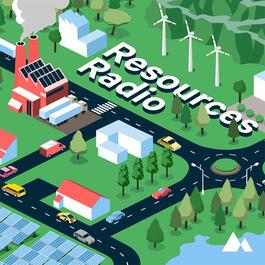
Smarter Thermostats, Lower Bills, and Lower Emissions, with Casey Wichman
In this week’s episode, host Daniel Raimi talks with Casey Wichman, an assistant professor in the School of Economics at Georgia Tech and an RFF university fellow. Wichman and several coauthors recently published a working paper that uses a field experiment to estimate how smart thermostats and time-varying electricity pricing can help reduce household utility bills and demands on the power sector. As more and more of us install smart thermostats, Wichman discusses how much money these devices can help us save, how the devices affect the temperatures in our homes, and what smart thermostats might mean for the grid’s reliability and environmental impact. References and recommendations: “Smart Thermostats, Automation, and Time-Varying Prices” by Joshua Blonz, Karen Palmer, Casey Wichman, and Derek C. Wietelman; https://www.rff.org/publications/working-papers/smart-thermostats-automation-and-time-varying-prices/ “Savings Versus Comfort: How Smarter Thermostats Can Respond to Time-Varying Prices” by Karen Palmer; https://www.resources.org/common-resources/savings-versus-comfort-how-smarter-thermostats-can-respond-to-time-varying-prices/ “The New Climate War” by Michael E. Mann; https://www.publicaffairsbooks.com/titles/michael-e-mann/the-new-climate-war/9781541758223/ “Why Fish Don’t Exist” by Lulu Miller; https://www.simonandschuster.com/books/Why-Fish-Dont-Exist/Lulu-Miller/9781501160349
From "Resources Radio"




Comments
Add comment Feedback